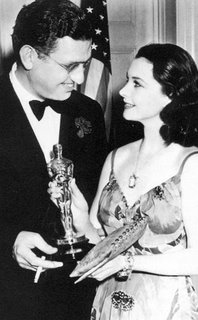
A writer is a person for whom writing is more difficult than it is for other people.Thomas Mann, German writer (1875 – 1955)
I can’t do this. I can. No, I really can’t. This is terrible. Why am I wasting my time? Why can’t I be as good as [insert fantastic author here].
Yeah, welcome to the inside of my head. I’ve been working on a second Regency-set historical, and it is about 2/3rds of the way done. But–and this is a big but–I’m not sure if it’s good. I’ve got a lot of ends to tie up, some to undo in the first place still, and I worry I’m just writing loads of words where nothing happens.
My case is not unusual. In fact, I doubt if there are any authors out there who haven’t had the same derisive little voices lodged inside their heads (well, all except Barbara Cartland, who apparently thought she was all that and a side of fries). So–given that giving up is not an option, how do we rise above (which, of course, reminds me of hardcore band Black Flag‘s song “Rise Above,” which is an anthemic triumph. But I digress–a natural problem when one is beset by insecurities.
A scrupulous writer, in every sentence that he writes, will ask himself at least four questions, thus: 1. What am I trying to say? 2. What words will express it? 3. What image or idiom will make it clearer? 4. Is this image fresh enough to have an effect?
George Orwell, “Politics and the English Language”, 1946, English essayist, novelist, & satirist (1903 – 1950)
Last week, I printed my whole manuscript out and read it over with a pen and some post-its in hand. I edited, wrote down themes and plot points I needed to bring in and/or flesh out, and this week I’ve been incorporating the smaller edits and am getting prepared to dive in for the bigger stuff. But what if it still stinks?
Keep writing. Keep doing it and doing it. Even in the moments when it’s so hurtful to think about writing.Heather Armstrong, Keynote Speech, SXSW 2006
My mind has been chasing itself in circles, nutty dog style. Can I assemble a plotting group? Should I revisit the synopsis and try to nail down my story? Do I just plunge back in and start writing again and see where the story takes me (“. . . to Stinkyville,” my mind answers. Shut up, mind!).
You must keep sending work out; you must never let a manuscript do nothing but eat its head off in a drawer. You send that work out again and again, while you’re working on another one. If you have talent, you will receive some measure of success – but only if you persist.
Isaac Asimov, US science fiction novelist & scholar (1920 – 1992)
Stay tuned. I guess if I were secure, I’d be content with my stinky story, and wonder why my readers (if, indeed, this manuscript reaches the point of publication) didn’t like it as much as I did.
We do not write because we want to; we write because we have to.
W. Somerset Maugham, English dramatist & novelist (1874 – 1965)
And now–back to the work-in-progress.
Megan
www.meganframpton.com





